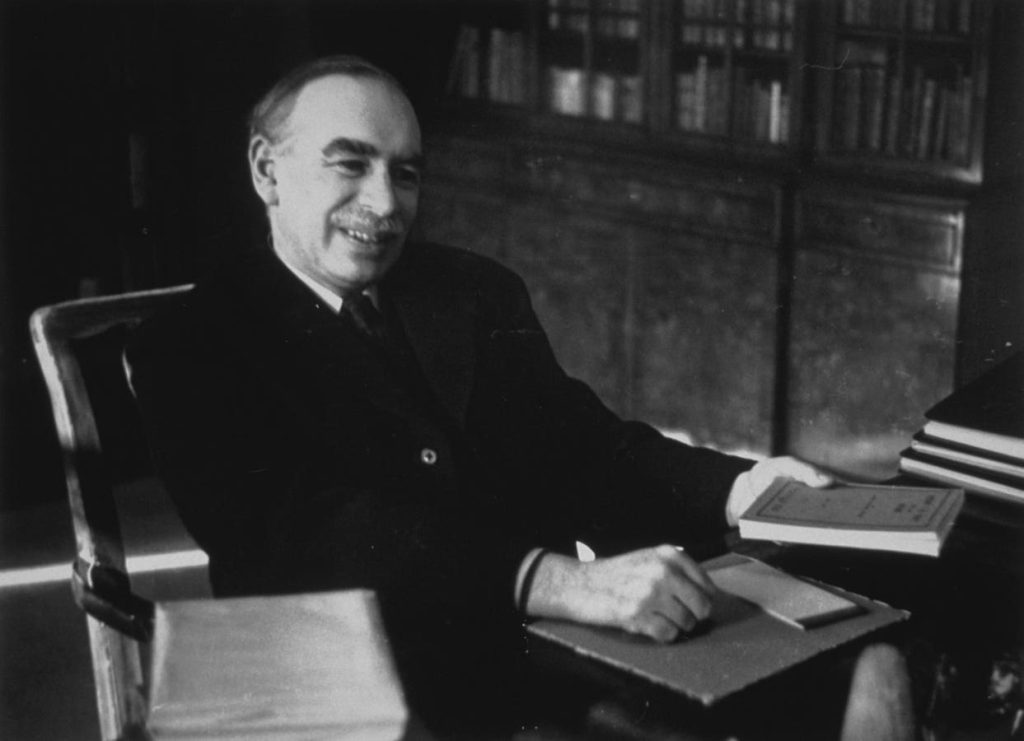Ideas play a significant role in shaping the world, a notion echoed by many influential figures throughout history. Economists often emphasize the importance of incentives in driving human behavior, highlighting the impact of ideas on decision-making. However, some, like Nobel Laureate George Stigler, have questioned the extent to which ideas can influence policymakers. Stigler argued that policymakers act in their own self-interest, making decisions based on their personal goals rather than theoretical principles. This skepticism raises important questions about the true power of ideas in shaping policy outcomes.
Anecdotal evidence further supports the idea that policymakers may prioritize their interests over theoretical principles. A Slovakian economic ministry official, for example, faced a dilemma when confronted with job losses in a key sector of the economy. Despite his strong belief in free markets, he felt compelled to intervene to prevent negative consequences for workers. This conflict between theory and practice highlights the challenges policymakers face in balancing economic principles with political pressures. It illustrates the complex interplay between ideas, incentives, and decision-making processes in policy formation.
Even successful policy reforms, such as Brazil’s economic freedom law implemented under Paulo Guedes, face challenges in practice. The uneven implementation of the law across Brazilian states underscores the difficulty of translating theoretical principles into effective policy outcomes. Political calculations and competing priorities can hinder the execution of well-designed laws, reflecting the intricate relationship between ideas and real-world implementation. Despite the best intentions, the gap between theory and practice can complicate efforts to enact meaningful policy changes.
Despite these challenges, advocates for policy reform should not lose hope in the power of ideas to drive change. A commitment to developing and promoting sound policy ideas, coupled with an understanding of human incentives and decision-making processes, can pave the way for successful reforms. By cultivating a supportive environment for leaders willing to implement these ideas, policymakers and advocates can increase the likelihood of meaningful policy change. While ideas alone may not guarantee success, they remain a critical component in the quest for positive policy outcomes.
The case of Brazil’s economic freedom law serves as a reminder of the ongoing work required to turn ideas into action. The efforts of individuals like Erik Figueiredo, who works to support the implementation of the law at the local level, demonstrate the importance of sustained advocacy and engagement in promoting policy reforms. Despite setbacks and challenges, the pursuit of meaningful change through policy reform remains a noble and necessary endeavor. By remaining committed to the principles and ideas that drive positive change, policymakers and advocates can help shape a brighter future for their communities and countries.
Ultimately, the journey from ideas to policy implementation requires dedication, perseverance, and a deep understanding of the complex factors at play. While the road to meaningful policy reform may be long and challenging, the potential impact on society and the economy makes it a worthwhile endeavor. By continuing to engage in the realm of ideas, understanding human incentives, and supporting leaders who champion positive change, advocates can increase the chances of successful reform. While ideas may not guarantee immediate change, they lay the foundation for future progress and offer hope for a more prosperous and equitable world.












